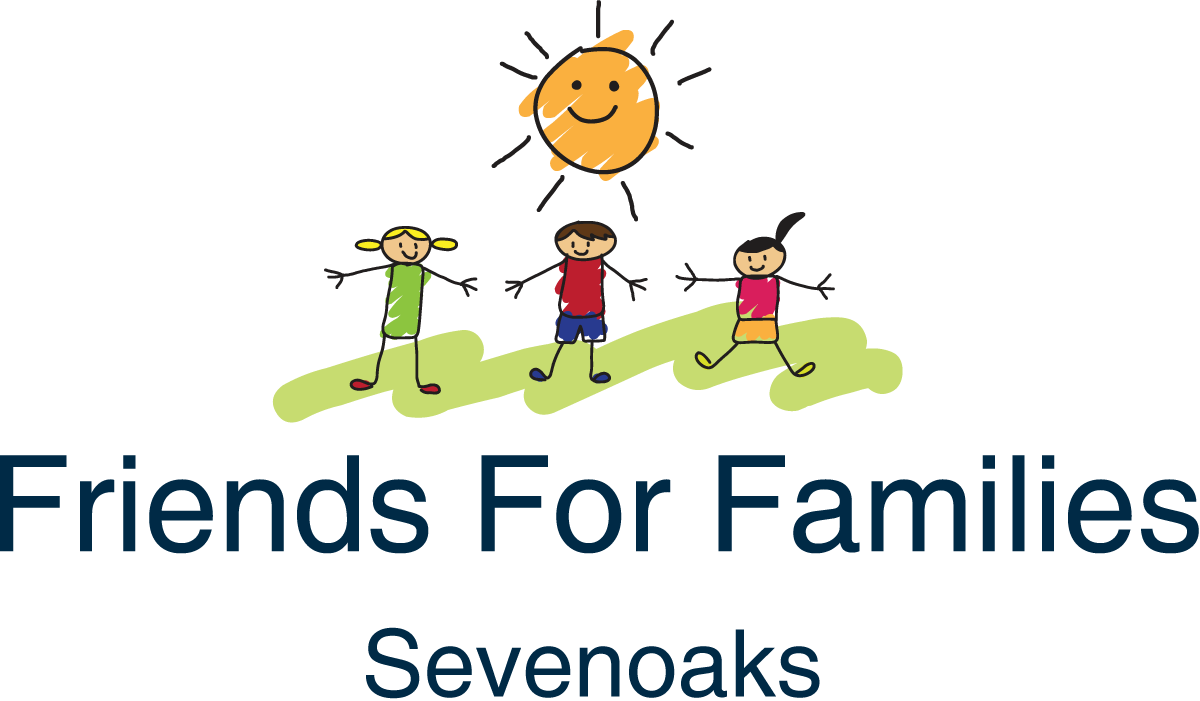

Why sleep matters.
Studies have proven that children who do not have access to a warm, comfortable and quiet sleeping environment are often disruptive at school.
We fund beds, mattresses, linen and clothing to help children sleep better.
Fitting in matters.

Why pride matters.
A pair of shoes that fit, clothes that are the right size, a proper haircut. Academic performance can be affected if children are on edge because they stand out for the wrong reasons and are teased by their classmates. We believe children can concentrate better at school if they can have confidence that they fit in. We want children to be able to hold their heads up high and feel good about their appearance. Because pride in yourself and what you do is important, no matter how young.
In 2021 we provided school uniform for 40 children and school shoes for 8 children.
We also fund sports kits and haircuts.
Food matters.

Why food matters.
Children who are hungry can’t concentrate and do less well at school. We don’t want any child to go to bed hungry, to go to school hungry, to worry about their next meal.
In March 2020, in response to the first national lockdown, we began supplying food for a pop-up food bank within Children’s Services to deal with the immediate crisis for vulnerable families. By the times it was discontinued at the end of May 2020 we had spent over £4,800 on food for this purpose as well as taking them large quantities of food donated by our supporters.
Increasingly, families who were just managing are no longer managing, and we are therefore buying food for families who have to make a choice between bills and food. Before the pandemic we averaged one referral for food a month; in the last quarter of 2021 we averaged more than one a week, and since the start of 2022 we have been averaging around two referrals a week for food. Our preferred way of doing this is to order online grocery deliveries so that the families can access fresh food and not just non-perishables.
Home is where the heart is.

Why home matters.
Families with children are more likely to be poor than people without children. This makes sense, because costs go up with the birth of a child at the same time as family income goes down with parents cutting back on work or paying for childcare. In 2009/10, 53 per cent of those living below the poverty line had children, and lone parent families were almost twice as likely to live in poverty as two parent families. Families with at least one disabled member were 30 per cent more likely to live in poverty than families without disabilities.
source: Child Poverty Action Group
There are many reasons why parents may struggle to provide a warm, comfortable home for their children. About 40% of the families we support work, but their employment is low paid and insecure so there is no slack in the budget at all. If a household appliance needs replaced, or a child needs to move from a cot to a bed, the added expense may be unaffordable.
Of the families that are not in employment, the majority are either single parents of pre-school age children, or they have additional caring responsibilities (for children with complex needs, for example), or they have health problems that render them unable to work. Ever since we started our work some of the families have been mothers and children fleeing domestic abuse, and since the lifting of lockdowns there has been a documented nationwide increase in numbers fleeing, We have seen this increase reflected in our work.
Almost a quarter of the referrals we received in the last quarter of 2021 were for mothers and children fleeing domestic abuse. In the first quarter of 2022 that figure rose to about a third of our cases, and we are generally asked to provide a range of support such as essential furniture and kitchen equipment. We think it’s vital to help these traumatised parents and children to feel safe in their new home by equipping them with the basics to start again.
Your support matters

With government funding decreasing there is a growing need for families to have charitable friends.
The Institute for Fiscal Studies projected that the share of children in relative low income will increase by around 7% between 2015/16 and 2021/22 (assuming no change in government policy). The share of children in absolute low income is expected to increase by roughly 4%.
source: House of Commons briefing paper number 7096, 23 April 2018
At the same time, spending on welfare is being squeezed, particularly for groups such as lone parents and disabled people.
Welfare spending by age group (Source: Office for Budget Responsibility)
source: DWP/ONS/OBR. Percent of GDPR. 2018-2022 Forecasted.






Donate.

